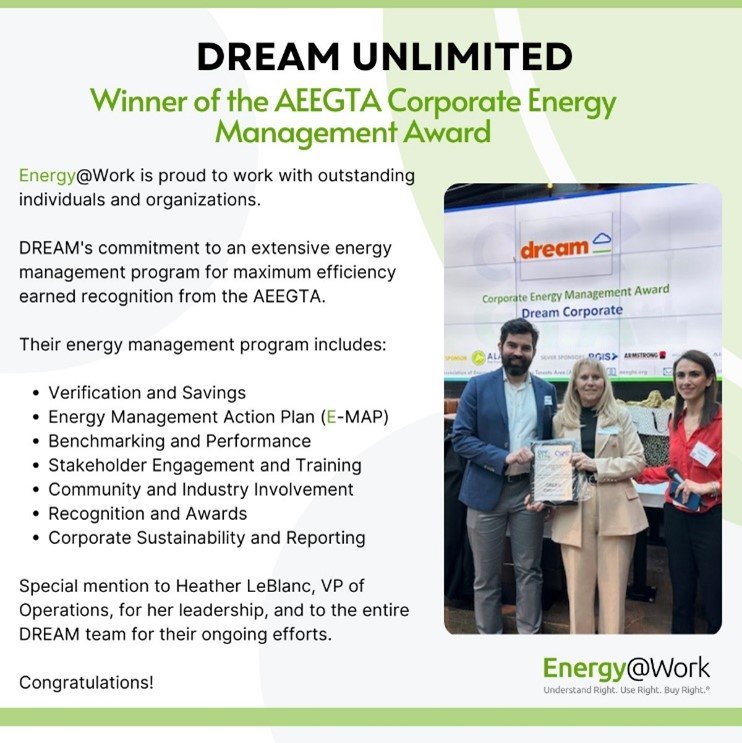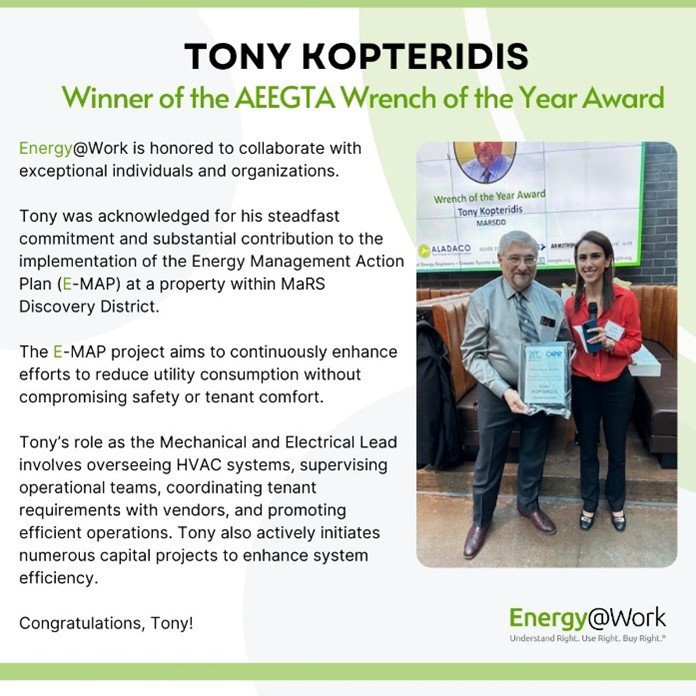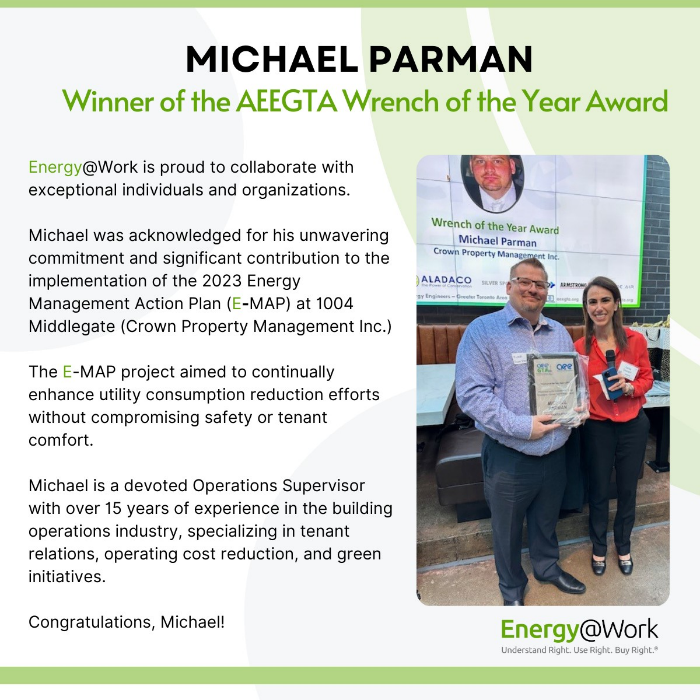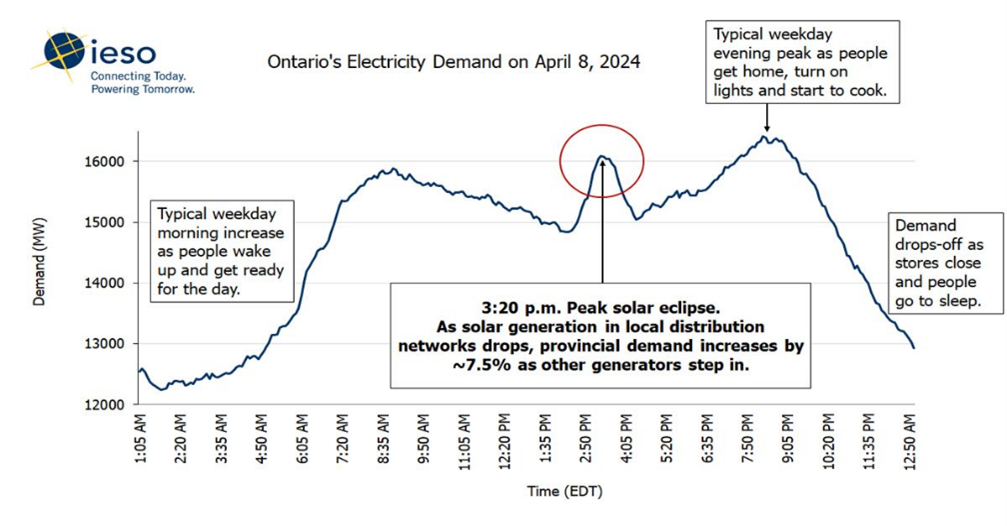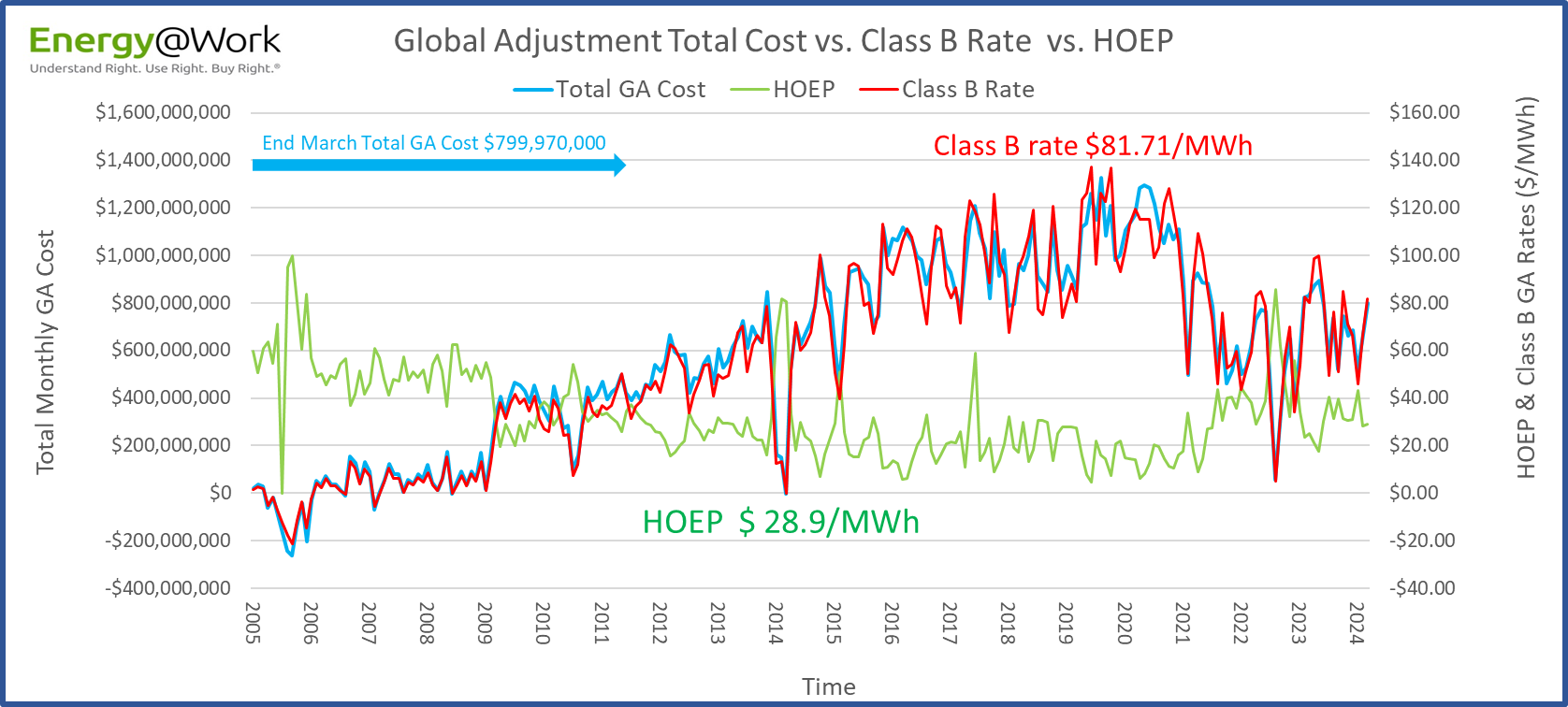A few years ago, the corporate landscape was abuzz with high-cost strategies aimed at achieving net-zero emissions. The practicality of these approaches often went unquestioned in many circles, while others opted for them primarily for their marketing appeal, rather than investing in real and sustainable improvements.
Having witnessed the roller coaster highs and lows of the Triple Bottom Line and the Ontario Green Plan, Energy@Work has remained steadfast in our focus on results. Our commitment to generating sustainable savings and environmental improvements has only been strengthened, driven by the growing urgency for action. With our eyes on the horizon and our feet on the ground, we adapt our strategies to align with the practical realities of our clients' diverse needs.
We utilize tools such as PESTEL analysis to gain insights and tailor decarbonization strategies, especially in the short term. Crafting a strategy that considers factors like vacancies, interest rates, capital constraints, and incentive programs encourages proactive measures for achieving sustainable outcomes.
Sustainability is a non-negotiable outcome for every organization, with the pace of adoption as a key variable across industries. Maximizing energy efficiency remains the crucial first step in any strategy—a concept powerfully captured in the classic IBM green ad:
Stop Talking: Where do I sign?
Ready to act?
Sustainability isn't a buzzword—it's a necessary paradigm shift in how we think about and engage together for our world, today and tomorrow. If you're ready to go beyond talk to tangible action, reach out to us. Let's make a difference together.
For more information email: Requests@Energy-Efficiency.com





